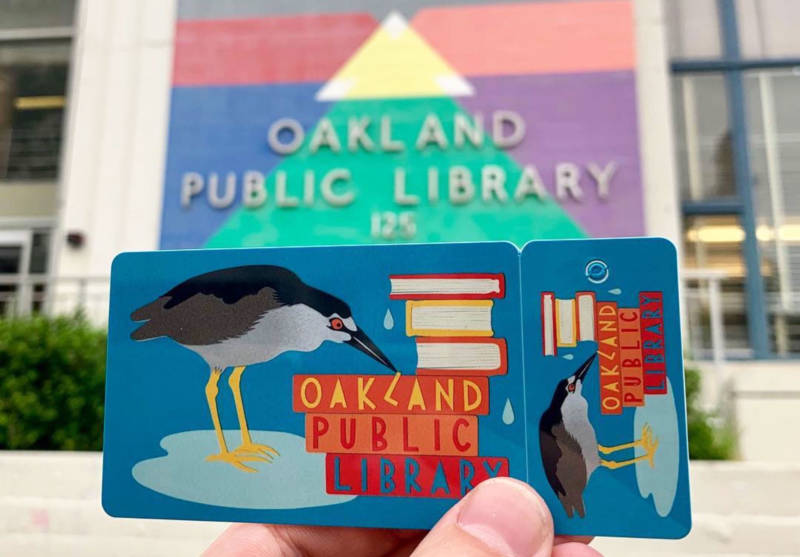Oakland residents who love to read but don't always finish their books on time can breathe a little sigh of relief.
Starting July 1, the Oakland Public Library will stop fining people for overdue materials, with the exception of tools checked out from the Tool Lending Library (apparently Tool Time is still strictly enforced). The City Council approved the move late last month.
"It's a barrier that's unnecessary," said library director Jamie Turbak. "There's no impact to the rate of returned items when you eliminate overdue fines, so charging people fines more likely prevents them from using the library at all."
Under the old system, late fees ranged from 25 cents to $1 per day. If someone accrued $50 or more in fines, they could not borrow additional materials until the amount was paid down to less than $50. The library brought in $77,600 in late fees in the last fiscal year, but Turbak said it cost the library twice that to process the fines.
According to Turbak, a city analysis found that adults living in predominantly nonwhite ZIP codes were 5% more likely to have their account blocked due to fines, 26% more likely to owe fines and 45% less likely to use their library cards, even though many more of them had library cards.
